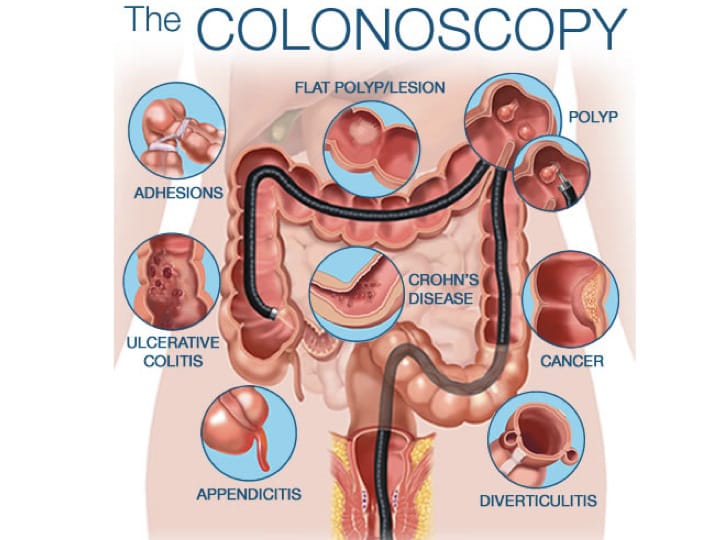Published on January 11, 2026
4 min read
What to Expect During a Colonoscopy: Preparation & Procedure
A colonoscopy is a medical procedure used to examine the colon (large intestine) for abnormalities such as polyps, inflammation, or cancer.
It is a crucial screening tool for detecting colorectal cancer early when treatment is most effective.
Understanding what to expect before, during, and after a colonoscopy can help ease anxiety and ensure a smooth procedure.
This guide will walk you through the preparation process, what happens during the procedure, and what to expect afterward.
How to Prepare for a Colonoscopy

Dietary Restrictions
- One to three days before the procedure, you may need to switch to a clear liquid diet, including broth, clear juices, and water.
- Avoid solid foods, dairy, and anything with red or purple coloring.
Bowel Preparation
- Your doctor will prescribe a laxative or bowel prep solution to clear your intestines.
- Follow the instructions carefully, as a clean colon is essential for an accurate exam.
Medication Adjustments
- Inform your doctor about any medications you are taking, including blood thinners, diabetes medications, and supplements.
- You may need to stop or adjust certain medications before the procedure.
What Happens During a Colonoscopy?
Arrival & Sedation
- Upon arrival, you will change into a hospital gown, and a nurse will start an IV for sedation.
- Most patients receive either mild sedation (to help them relax) or deep sedation (to make them sleep through the procedure).
The Procedure
- A flexible tube with a camera (colonoscope) is gently inserted into the rectum and advanced through the colon.
- The doctor examines the colon lining, looking for polyps, inflammation, or other abnormalities.
- If polyps are found, they can be removed during the procedure and sent for biopsy.
Duration
- The procedure usually takes 20 to 45 minutes, depending on findings and whether polyps need removal.
What to Expect After a Colonoscopy
Recovery
- You will rest in a recovery area until the sedation wears off.
- Some drowsiness, bloating, or gas is normal.
- Arrange for someone to drive you home, as you should not operate machinery for 24 hours.
Results
- Your doctor may discuss initial findings right away, but biopsy results (if taken) may take a few days.
- If polyps were removed, follow-up tests or lifestyle changes may be recommended.
Resuming Normal Activities
- You can return to a normal diet and activities the next day, unless instructed otherwise.
- Avoid heavy meals and alcohol for the first 24 hours.
